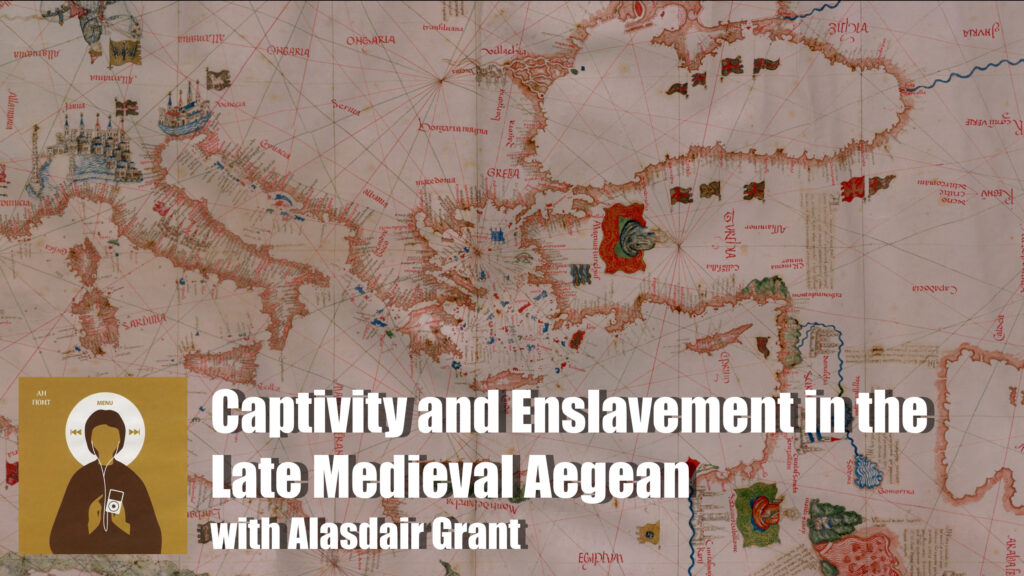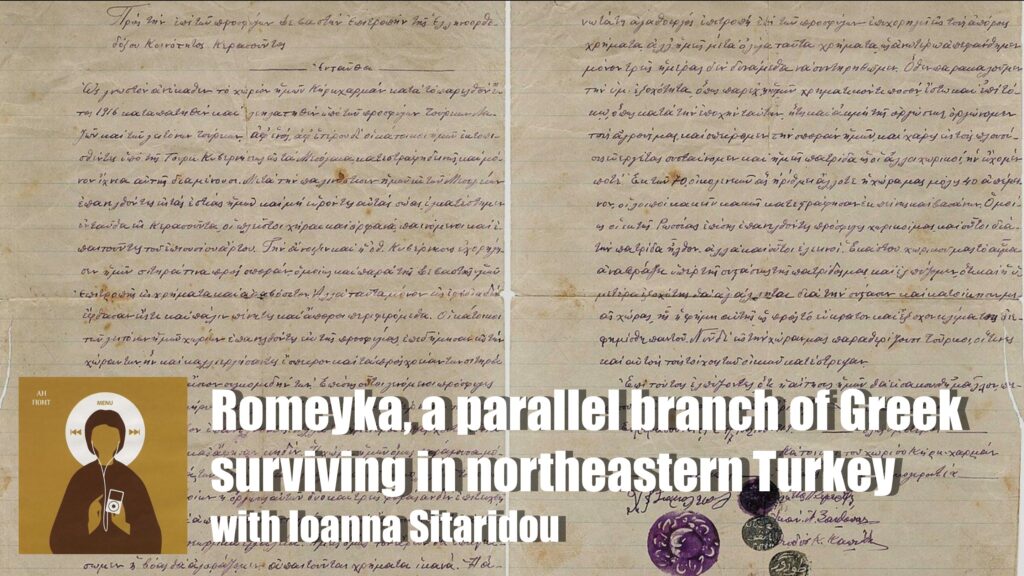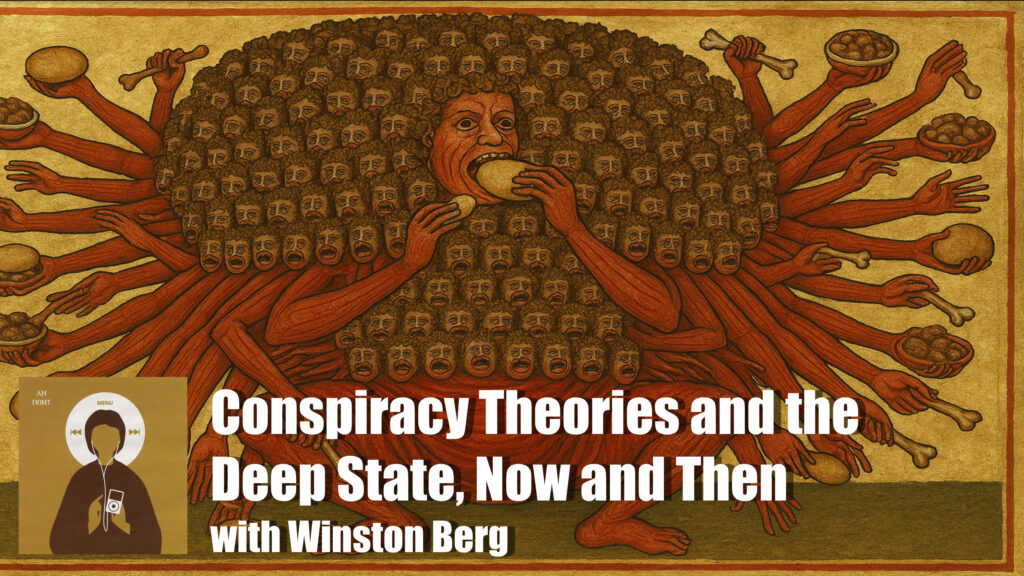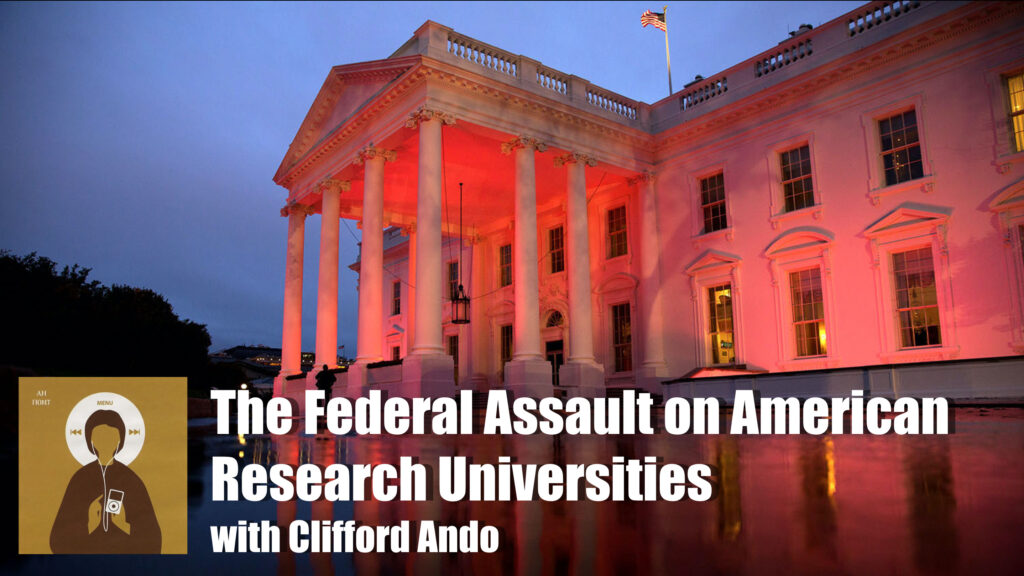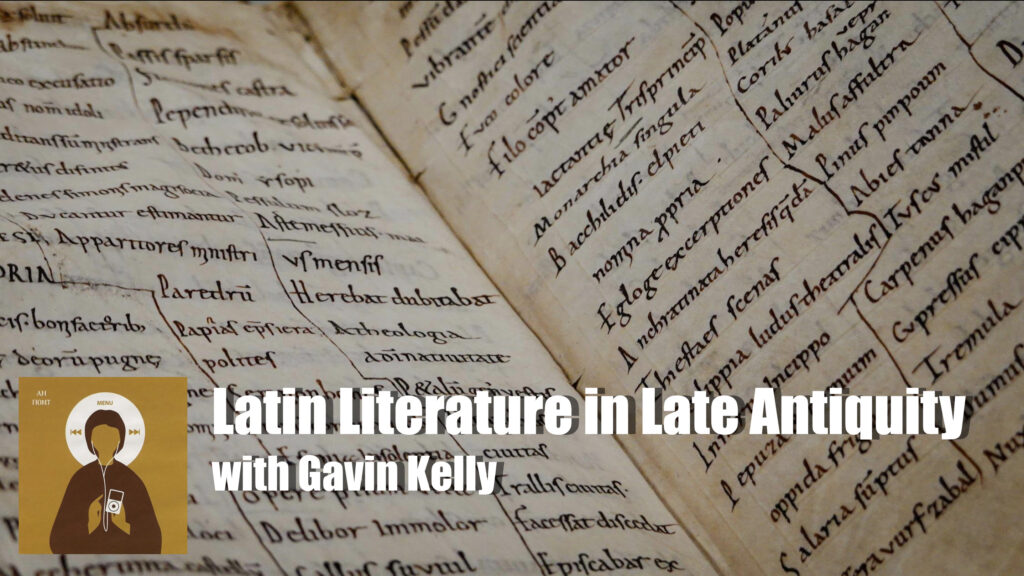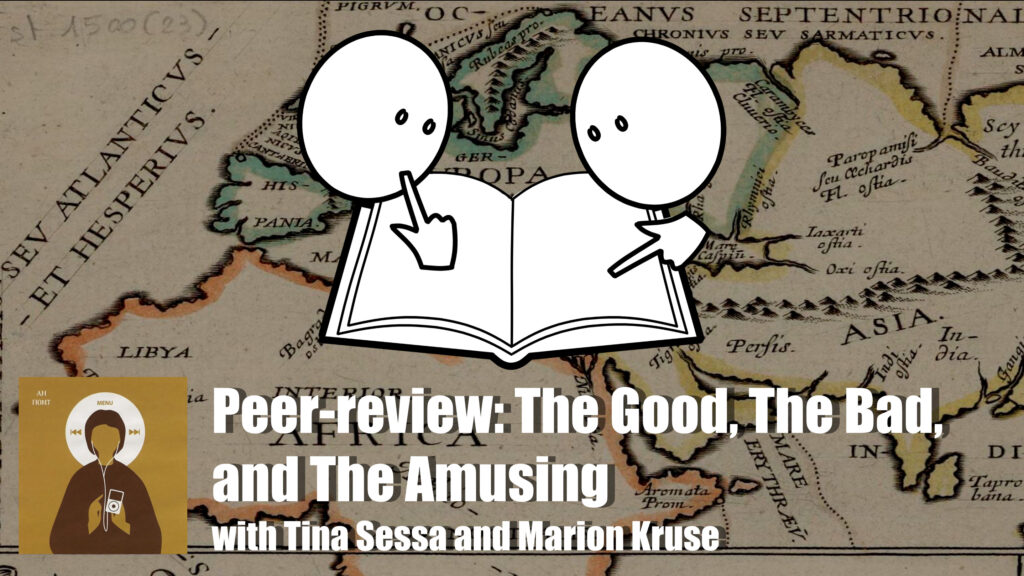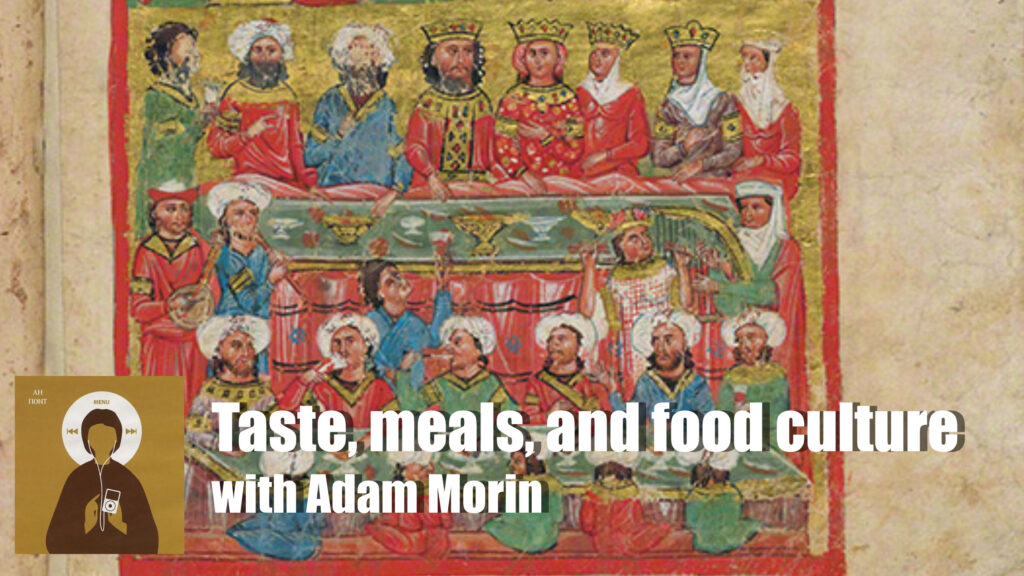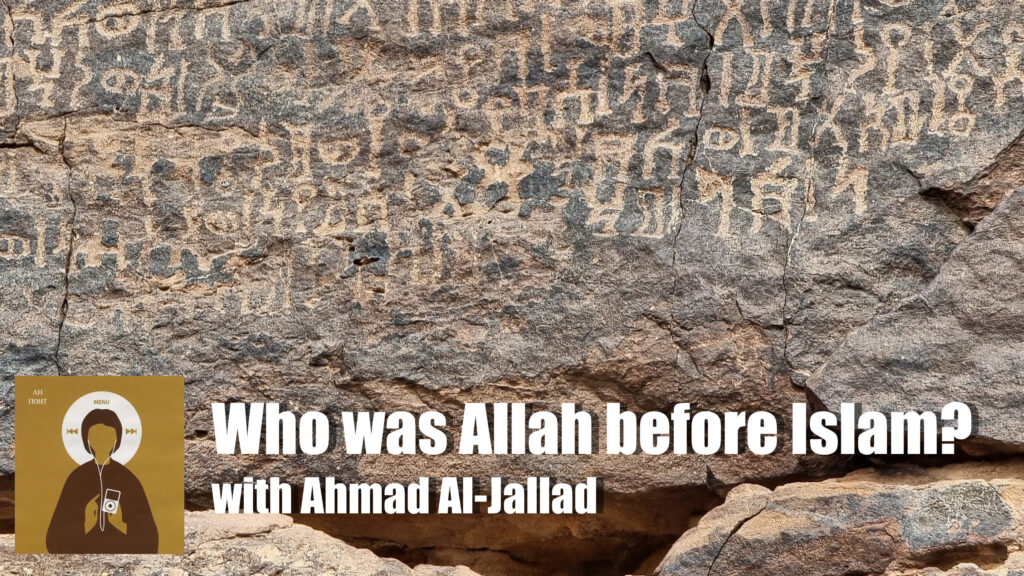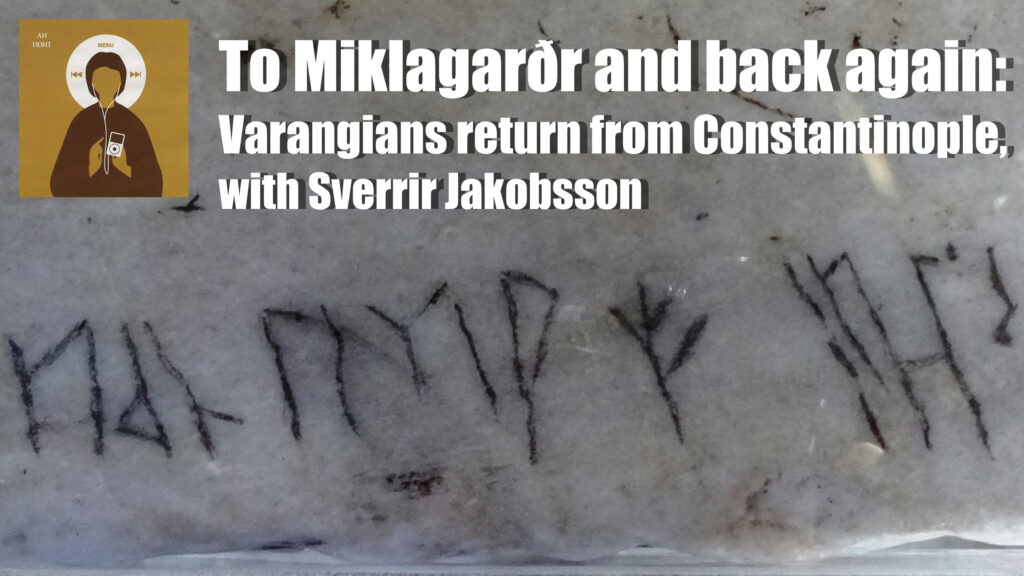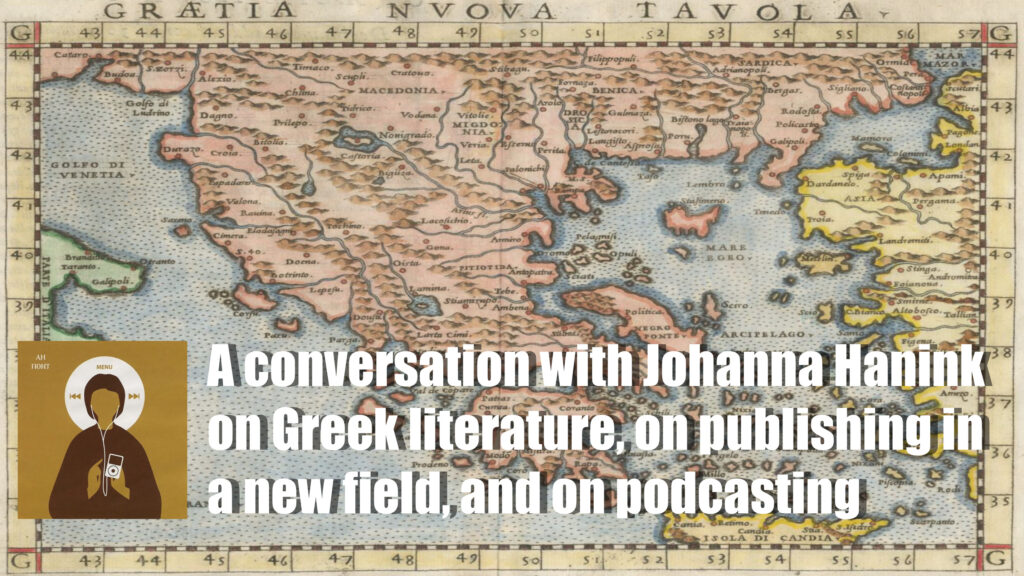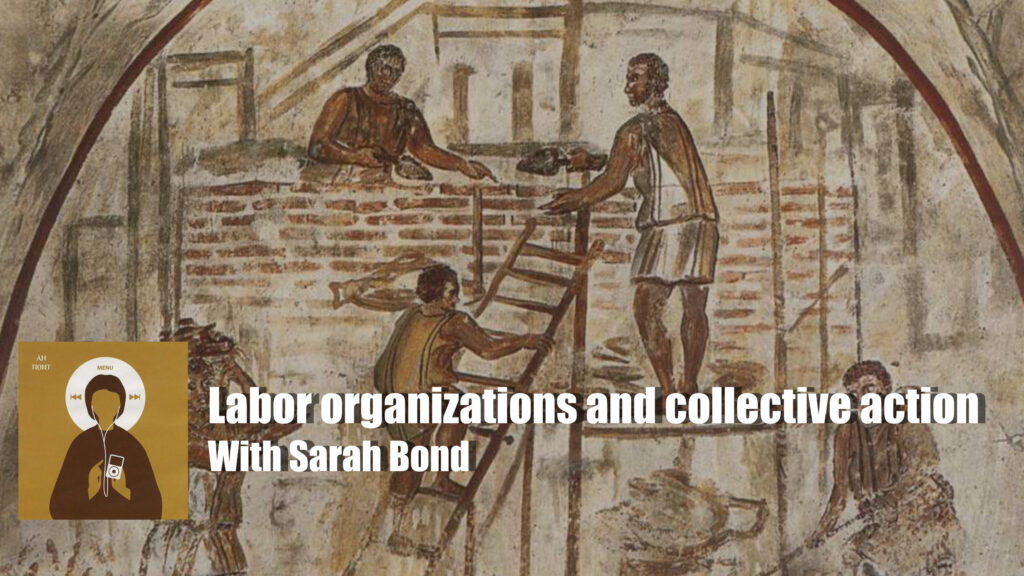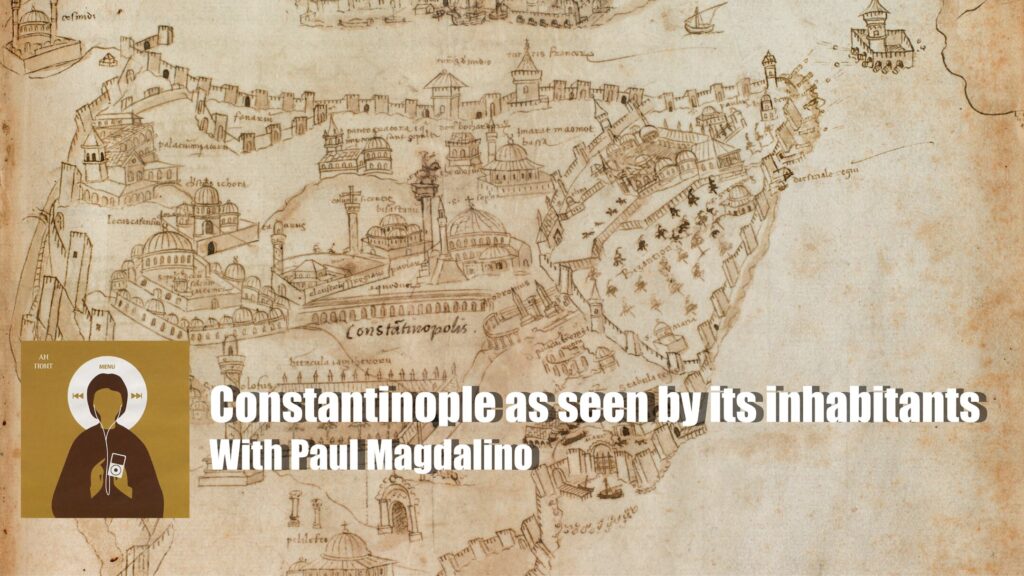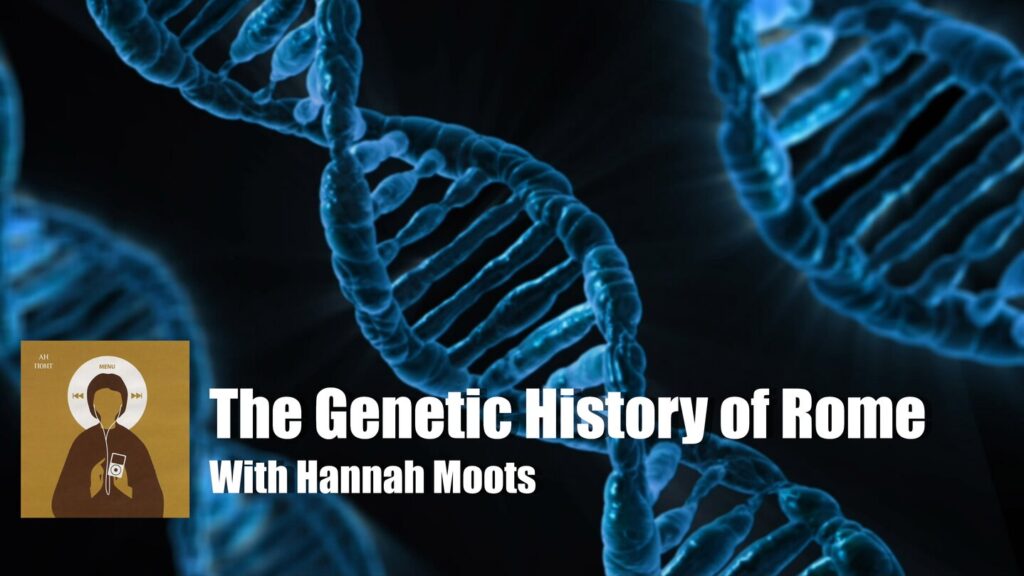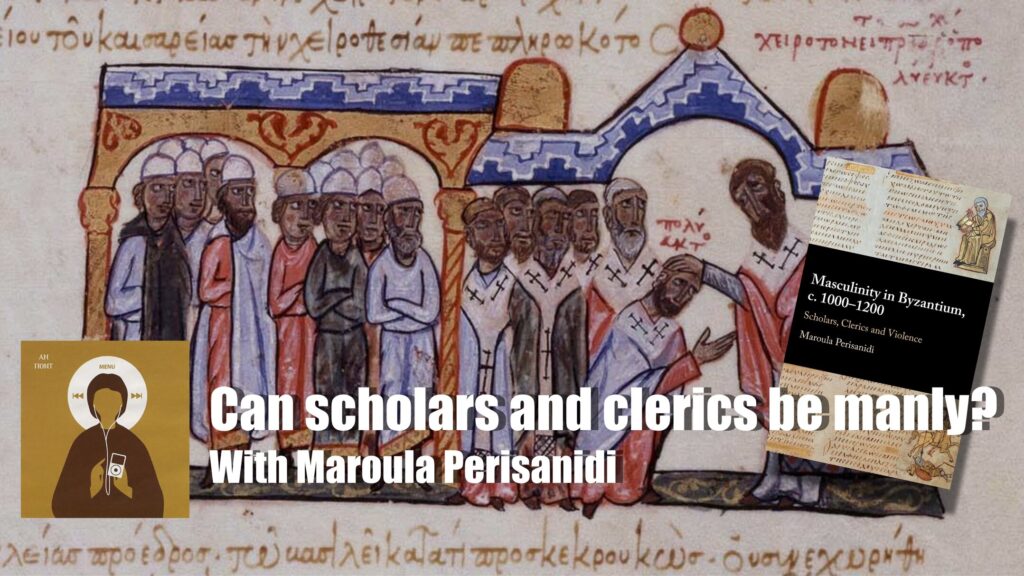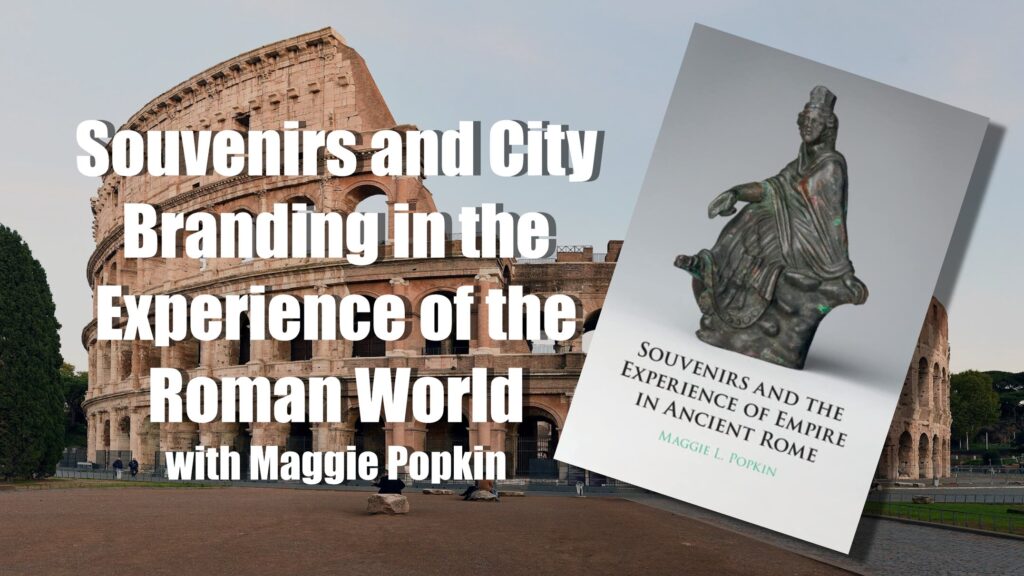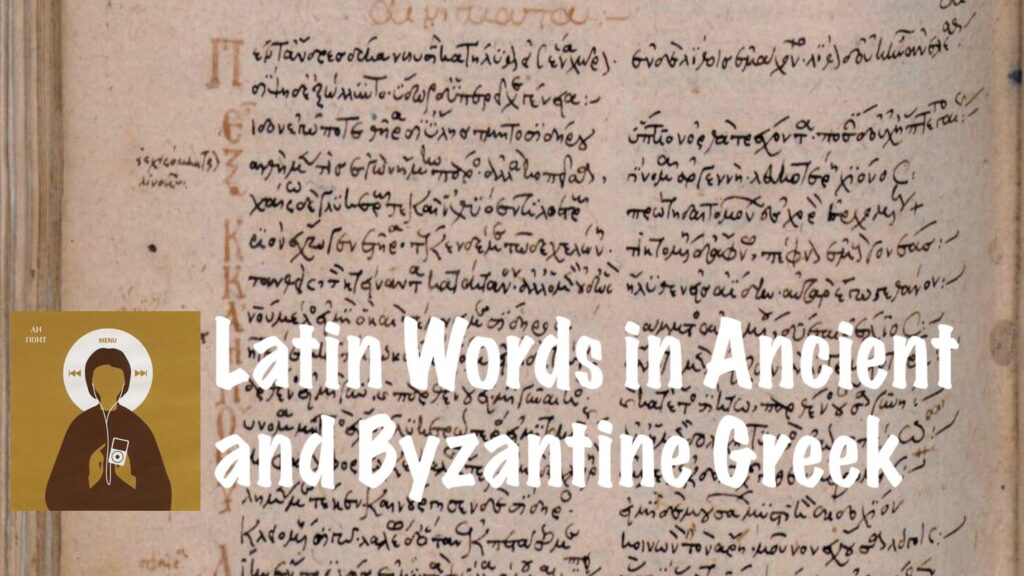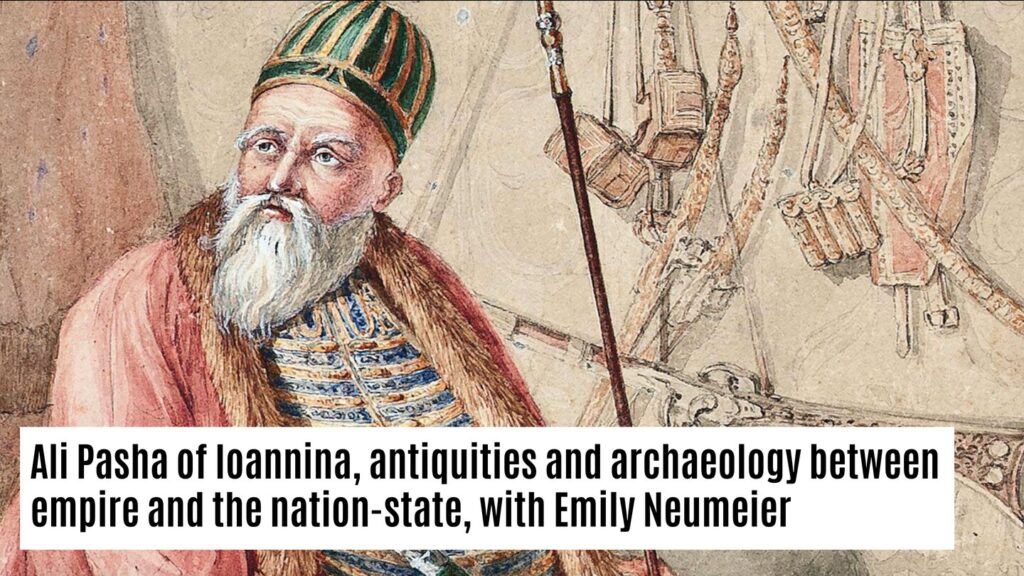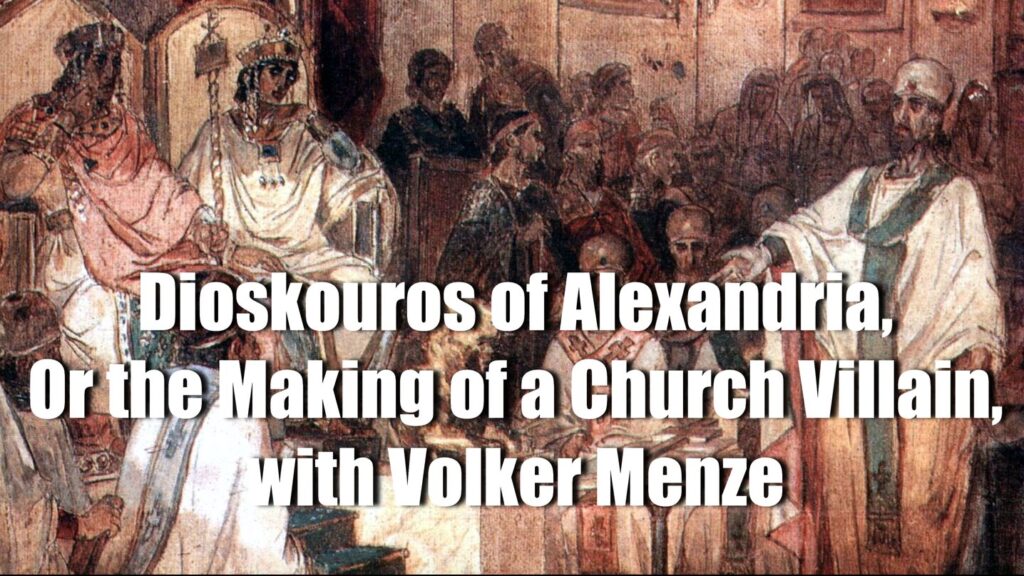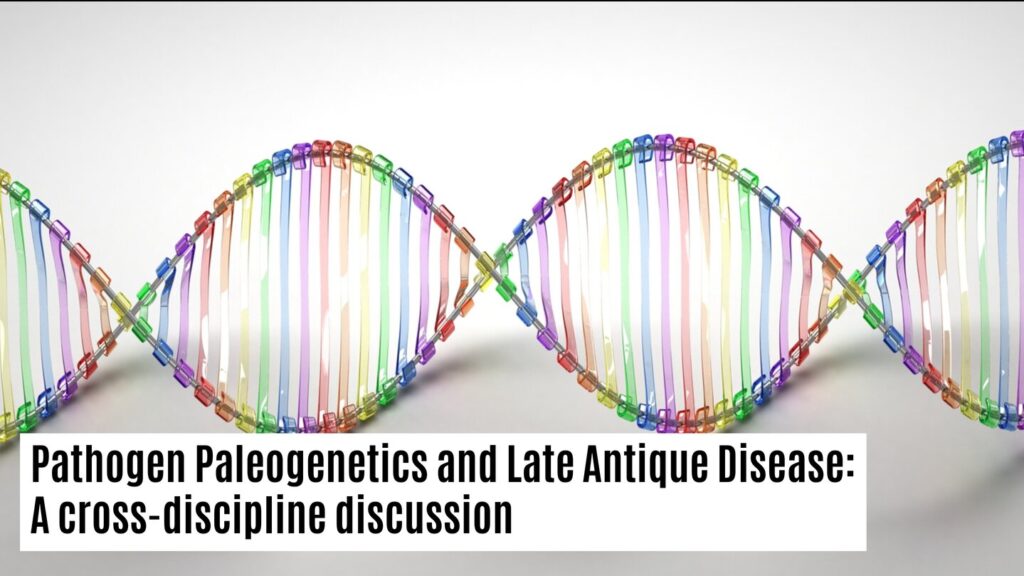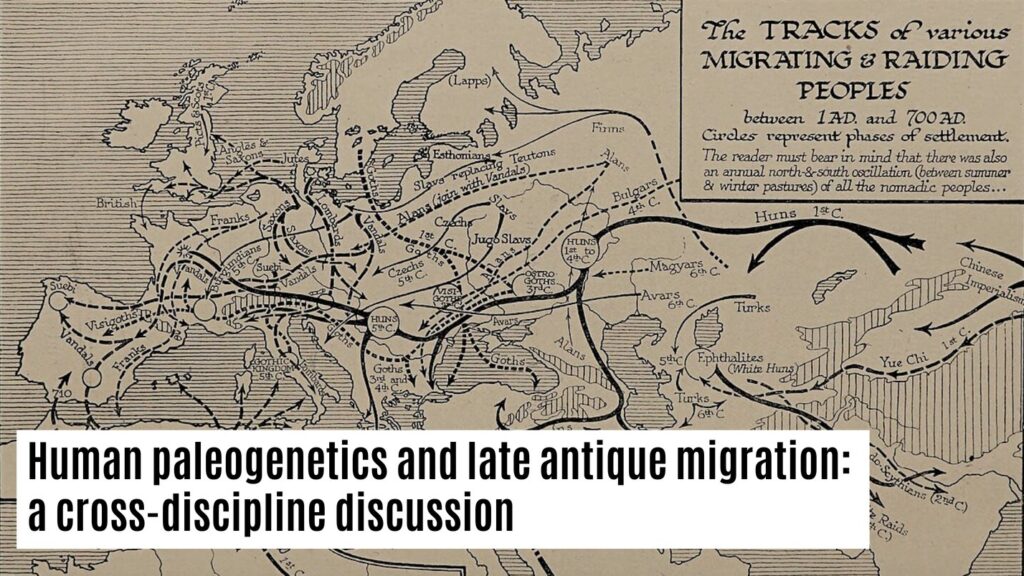Captivity and Enslavement in the Late Medieval Aegean, with Alasdair Grant
A conversation with Alasdair Grant about the captivity and enslavement that many Greeks (Romaioi) experienced in the late medieval period, a period of state collapse during which they were subject to Italian and Turkish raids and attacks.
Romeyka, a parallel branch of Greek surviving in northeastern Turkey, with Ioanna Sitaridou
A conversation with Ioanna Sitaridou about a Greek language (Romeyka) still spoken in northwestern Turkey, though now endangered, whose grammar retains interesting archaic features.
Conspiracy Theories and the Deep State, Now and Then, with Winston Berg
Winston Berg is a political scientist who studies modern American conspiracy theories about politics and the deep state; his dissertation studied the movement known as QAnon. Given our political moment, I thought it would be interesting to discuss with him the different contours and valences that conspiracy theories and deep state notions took in the east Roman polity and in the United States.
The Federal Assault on American Research Universities, with Clifford Ando
A conversation with Cliff Ando about the revenue models of American research universities and the dangers to advanced research posed by the freezes recently placed on federal funding.
Latin Literature in Late Antiquity, with Gavin Kelly
A conversation with Gavin Kelly about the corpus of Latin literature from antiquity down to the present, where we discuss the reasons why most scholars focus on the period before 200 AD, why late antiquity is overlooked (despite having some first rate authors), and what can be done about that. Similar issues, we find, emerge from the study of Greek literature too.
Peer-review: The Good, The Bad, and The Amusing, with Tina Sessa and Marion Kruse
A conversation with Tina Sessa and Marion Kruse on the process of peer-review in the humanities: what it’s for, how it can be done well, and where it can go awry. The conversation is based on many decades of collective experience of peer-review, on all sides of the process.
Byzantine taste, meals, and food culture, with Adam Morin
A conversation with Adam Morin about categories of taste, the meal structure, and the food and ingredients that east Romans ate. What foods were prized and what looked down upon? How do we know what they ate? What do we know about individual preferences?
Who was Allah before Islam?, with Ahmad Al-Jallad
A conversation with Ahmad Al-Jallad about the languages and inscriptions of pre-Islamic Arabia, our main contemporary source for life, death, and worship before the time of the Prophet Muhammad. We talk about field surveys in search of inscriptions and what they tell us about Allah and other Arabian deities in the early centuries of the first millennium.
To Miklagarðr and back again: Varangians return from Constantinople, with Sverrir Jakobsson
A conversation with Sverrir Jakobsson about the experiences of Northmen — especially Varangians — who traveled to Constantinople and the south and returned home with stories, swords, riches, and prestige.
A conversation with Johanna Hanink on Greek literature, on publishing in a new field, and on podcasting
A conversation with Johanna Hanink on Greek literature (ancient, modern, and in-between), on publishing outside one’s main area of academic expertise, and on podcasting.
Labor organizations and collective action, with Sarah Bond
A conversation with Sarah Bond about organized labor groups in the Roman Empire.
Constantinople as seen by its inhabitants, with Paul Magdalino
A conversation with Paul Magdalino about the literary traditions and genres that Constantinopolitans developed to talk about the origins, history, cosmic importance, and superlative beauty of their city — the City.
The Genetic History of Rome, with Hannah Moots
A conversation with Hannah Moots about paleogenetic research, its goals, methods, and conclusions. What does it mean to study ancient DNA, and what does it tell us about human history?
Can scholars and clerics be manly?, with Maroula Perisanidi
A conversation with Maroula Perisanidi about the distinctive kind of masculinity that was fashioned by scholars and priests in the eleventh and twelfth centuries, the challenges and deficits that it faced, and the masculine capital that men in those occupations tried to amass and then spend.
Souvenirs and City Branding in the Experience of the Roman world, with Maggie Popkin
A conversation with Maggie Popkin about souvenirs in the Roman world, how they tie in with city identities and city branding, and the experience of travel. These portable objects shaped how people thought of places and the Roman world as a whole, from its attractions and experiences to its religious cults.
Shadow Empires, with Thomas Barfield – Byzantium & Friends, Episode 124
A conversation with Thomas Barfield about a distinctive category of empires that he has proposed in a new book, Shadow Empires: An Alternative Imperial History.
The Fall of Constantinople, Pope Pius II, and the Birth of Europe, with Nancy Bisaha
A conversation with Nancy Bisaha about the origins of the idea of “Europe” as a place of identity and not just geography. One of its first theorists was the Italian humanist Aeneas Piccolomini (later Pope Pius II), who was in part reacting to the fall of Constantinople to the Ottoman Turks. The problem of whom to include and exclude as Europeans was there from the start. We talk about Aeneas himself and the siege of the City.
Latin Words in Ancient and Byzantine Greek, with Eleanor Dickey
Byzantium & Friends, Episode 122: A conversation with Eleanor Dickey on Latin words in ancient and Byzantine Greek. Eleanor has tracked them down and compiled them in a specialized dictionary, where she also offers new arguments about when, how, and why they were borrowed by Greek-speakers. It reaches down to 600 AD, but many of them survived later too, even into modern spoken Greek.
Ali Pasha of Ioannina, antiquities and archaeology between empire and the nation-state, with Emily Neumeier
We talk about how he crated his own brand-image, in part by forging closer relations with his Christian Greek subjects and also through archaeological work and use of antiquities.
Dioskouros of Alexandria, Or the Making of a Church Villain, with Volker Menze
A conversation with Volker Menze about the fifth-century patriarch Dioskouros of Alexandria, what we really know about him, and why he was demonized in the western traditions. A close reading of the Council Acts suggests a different picture: a bishop who thought he was doing right by the established creed and following the directives of the emperor suddenly found himself in the hot seat.
Byzantium in science fiction, fantasy, and horror, with Przemysław Marciniak
A conversation with Przemysław Marciniak about books of fantasy, science fiction, horror, and alternative history that are either set in Byzantium or have a Byzantine ambiance. We talk about the features that signal a Byzantine setting and what the latter is good. Basically, we chat about books that we liked (or did not like).
Pathogen Paleogenetics and Late Antique Disease: A cross-discipline discussion
A roundtable discussion of how the study of ancient pathogen DNA intersects with the study of disease in late antiquity. Can laboratory scientists and cultural historians find ways to interface given their different methods, data, concepts, and conclusions?
Human paleogenetics and late antique migration: a cross-discipline discussion
A roundtable discussion of how the study of ancient human DNA intersects with the study of migration in late antiquity. Can laboratory scientists and primarily textual historians find ways to interface given their different methods, data, concepts, and conclusions?
Africa and Byzantium, with Andrea Myers Achi
A conversation with Andrea Myers Achi (The Metropolitan Museum of Art) about the enduring connections between Byzantium and a number of African cultures, beginning in late antiquity (e.g., Aksum) and continuing into medieval and modern times (e.g., Nubia and Ethiopia).
Imaginary Byzantiums in modern Russia, with Eugene Smelyansky
A conversation with Eugene Smelyansky on the invention of ideologically useful versions of Byzantium in modern Russia. We talk about the much more limited engagement with Byzantium in imperial Russia and the reasons behind some of the current obsessions with it.
